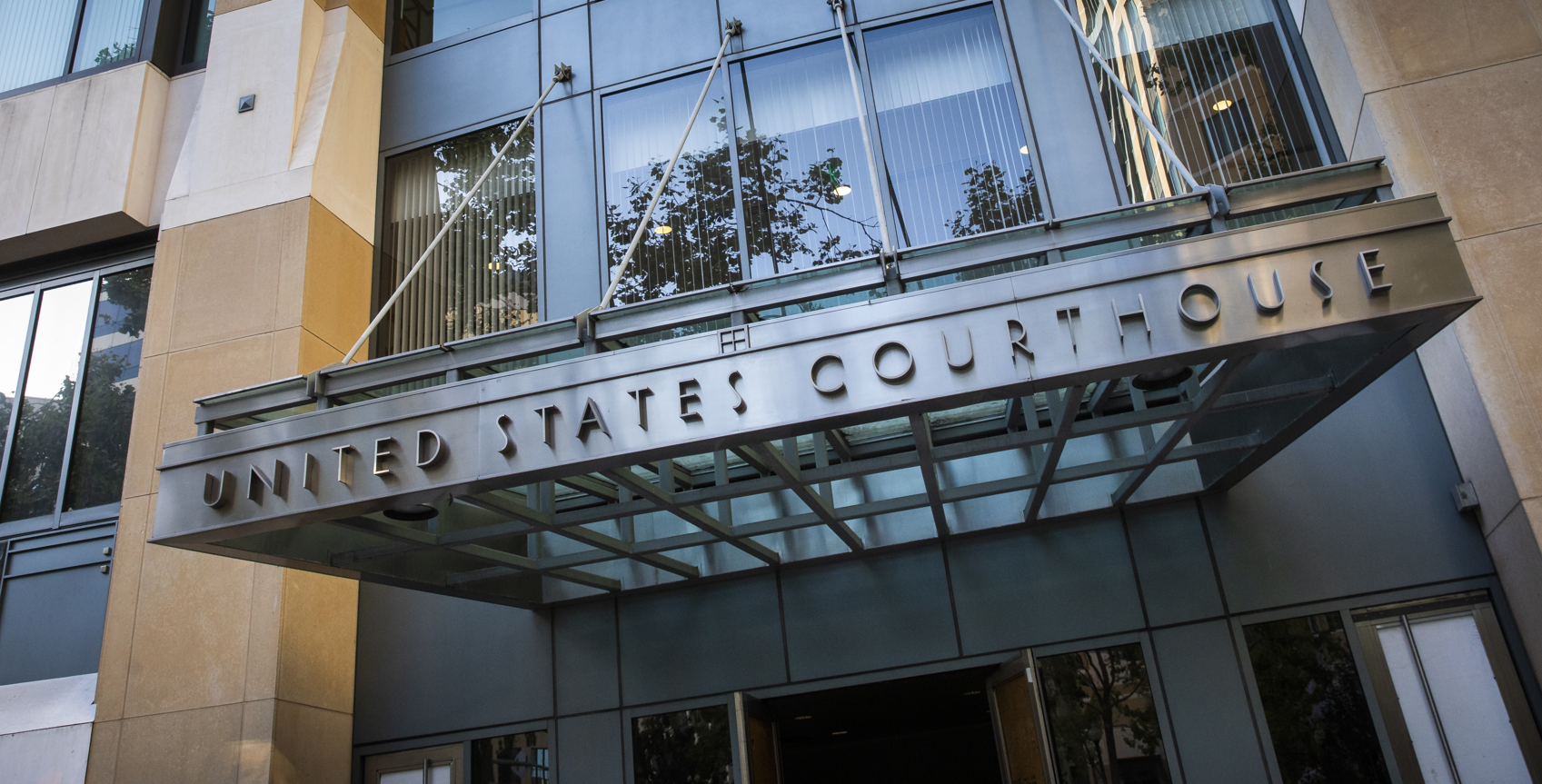Apple Versus Epic Lawsuit: Latest Updates on the Tech War
More than a year later, the courtroom battle between Apple and Epic Games rolls on. Here's what to know about Apple's appeal of the lawsuit.
Dec. 9 2021, Published 11:59 a.m. ET
In 2020, Epic Games, the creator of popular video game Fortnite, sued Apple for its monopolistic App Store features that allegedly limit healthy market competition. In September 2021, the antitrust lawsuit fell into Epic's favor when a U.S. court determined that Apple must change its App Store rules.
Naturally, Apple is fighting back with an appeal on the judge's decision. Here's what that appeal means for the Apple versus Epic Games courtroom battle—and what might come of the App Store we know today.
Apple filed an appeal against a U.S. judge's decision in the Epic Games case.
About three months after a U.S. judge ordered Apple to make changes to its App Store in favor of market competition, the deadline for action neared. But 12 hours before Apple would have been forced to include outside payment options that bypass Apple's 30 percent App Store commission, the U.S. Ninth Circuit Court of Appeals approved the tech behemoth's request to pause the order from the Epic lawsuit while the appeal decision develops.
The Apple order has been paused with no changes to the App Store yet.
Apple was extremely close to its deadline to include links to external payment options that bypass its hefty commission. Now that the order is paused, a decision about the appeal will determine what comes next.
For now, the App Store will remain the same. People will have to make app purchases through the App Store, which takes a 30 percent commission on all purchases (with the commission on subscription-based purchases falling to 15 percent after a year of service).
Why did Apple file an appeal?
Rather than complying with the U.S. court, Epic Games, and the Coalition for App Fairness as a whole, Apple filed an appeal. But why?
According to an Apple spokesperson, the "concern is that these changes would have created new privacy and security risks, and disrupted the user experience customers love about the App Store."
What's next in the Apple versus Epic Games debate?
A court will have to decide what's next for Apple and Epic Games (as well as all the other app creators with a vested interest in the matter). However, Apple's liabilities at the federal level could be in question.
Experts suggest that there's more evidence showing that Apple violated laws governing unfair competition in its home state of California—but not under the federal legal umbrella. If that's the case, Epic Games might see a different result in a lawsuit it once thought had already seen its final judgment.
In the meantime, app creators are banding together in an attempt to push through a bill called the Open App Markets Act, which could at least spark a regulatory conversation if not directly incite change. With Lina Khan spearheading the FTC, the anti-competition motives are strong.
The Apple versus Epic Games fight has been drawn out and will likely continue into the new year. Still tied, a federal court will decide who wins.


